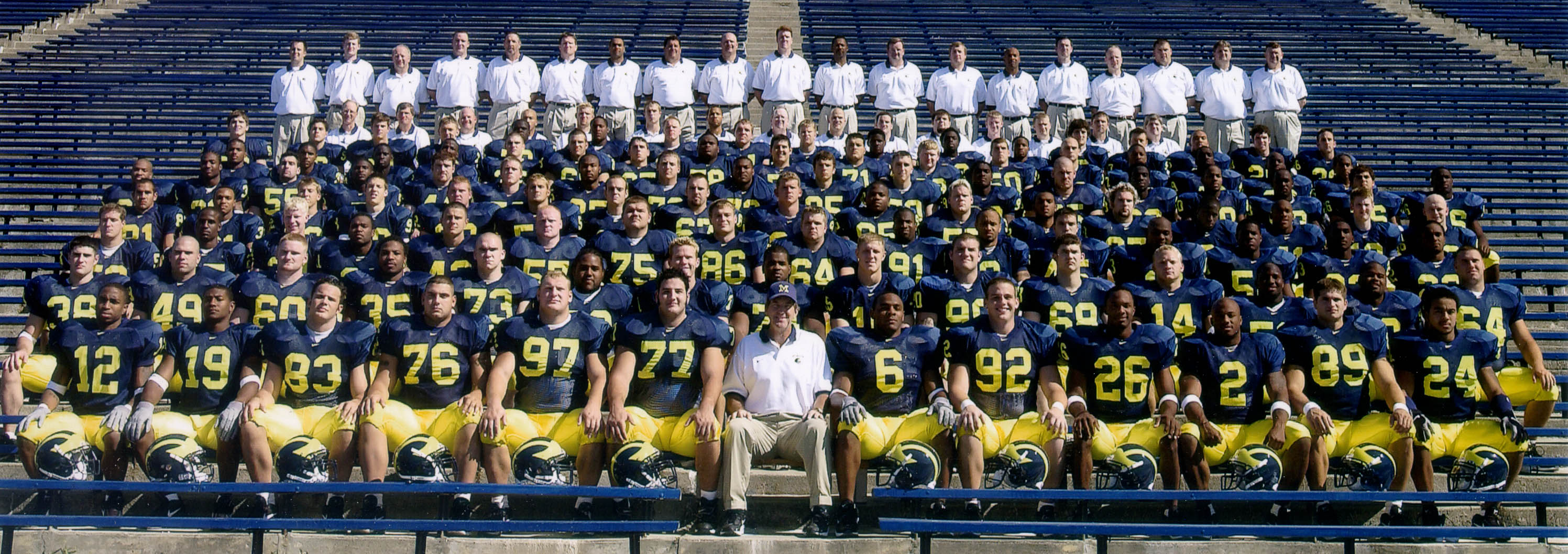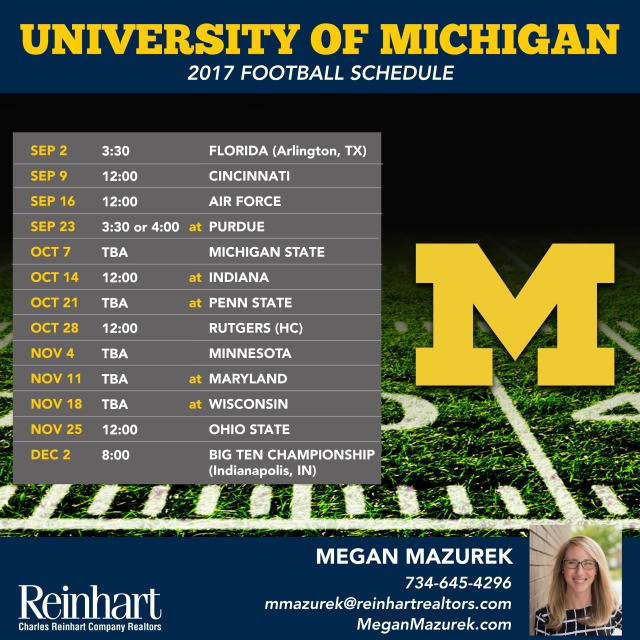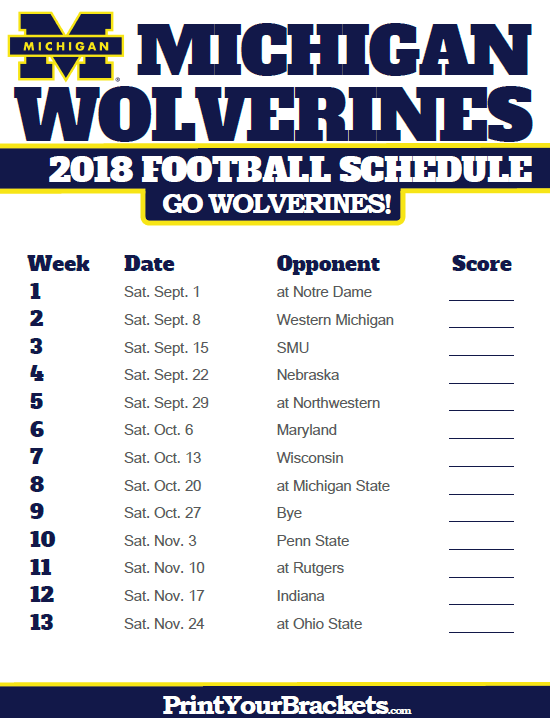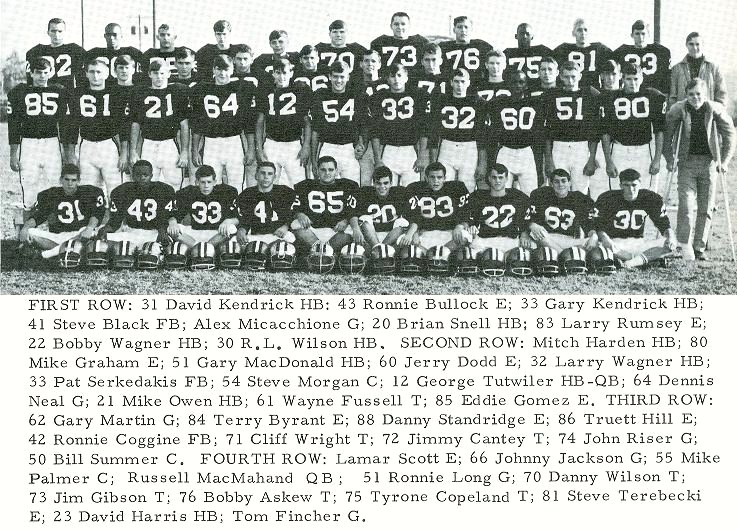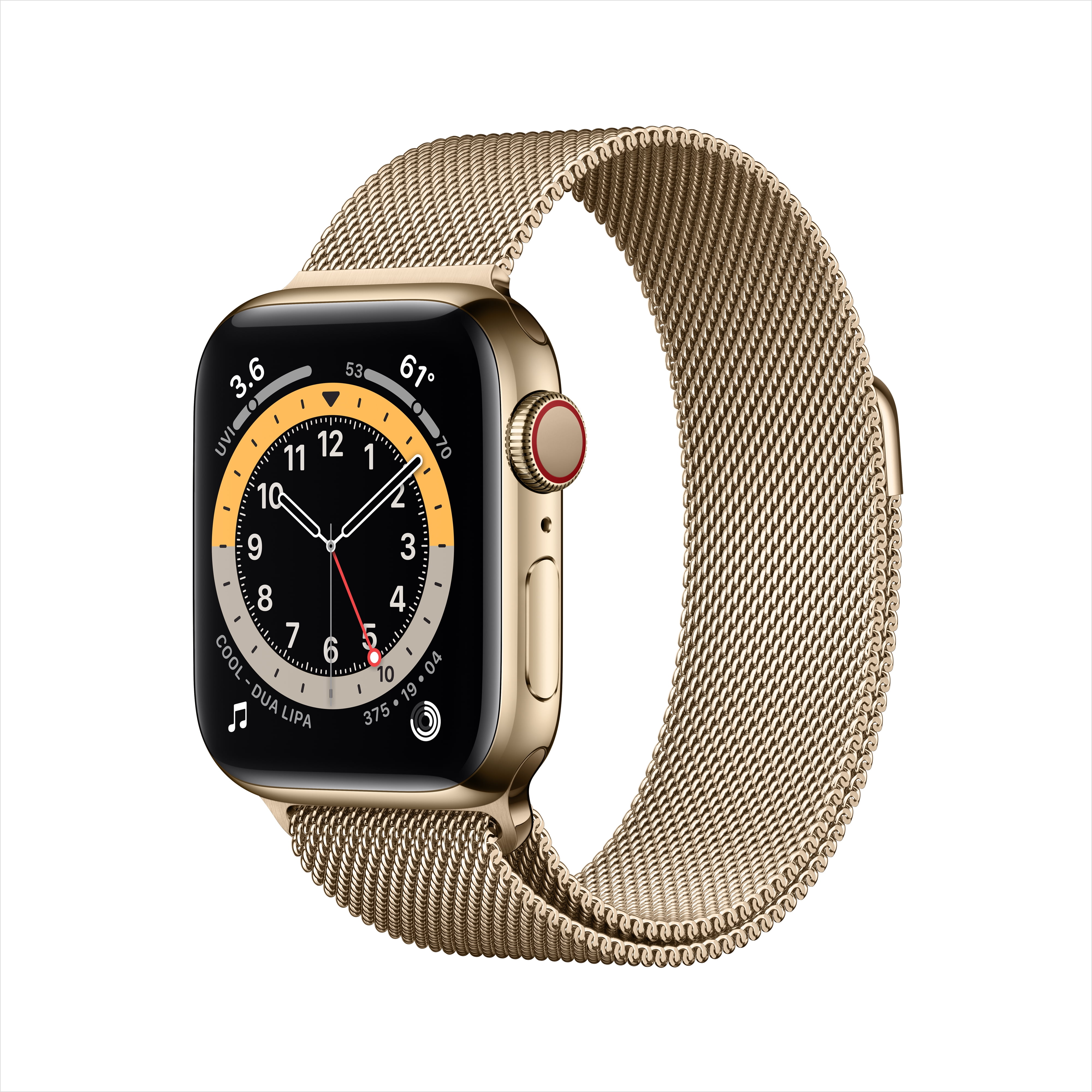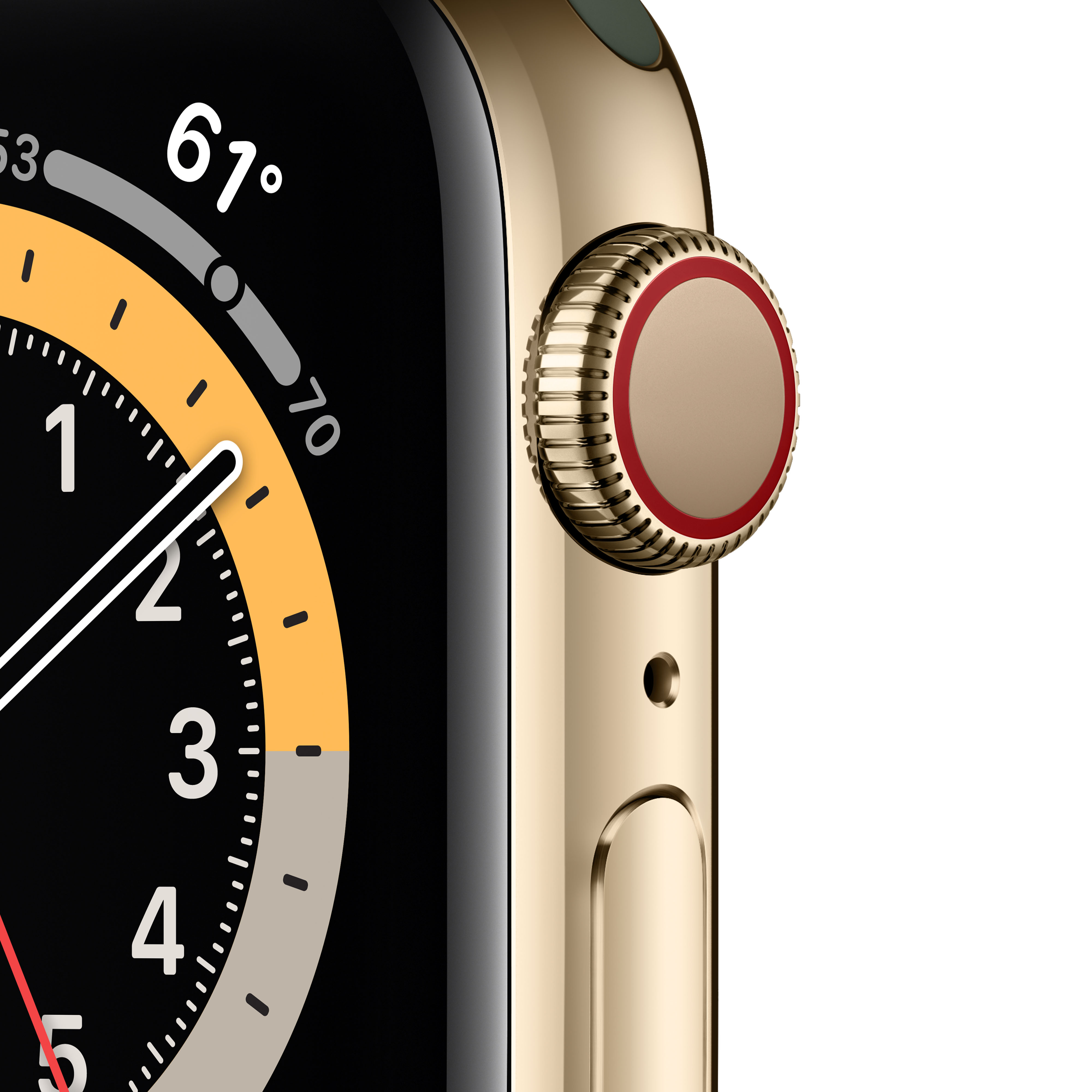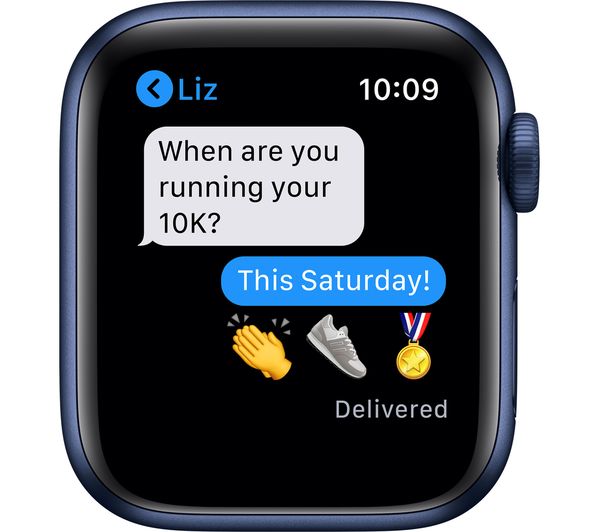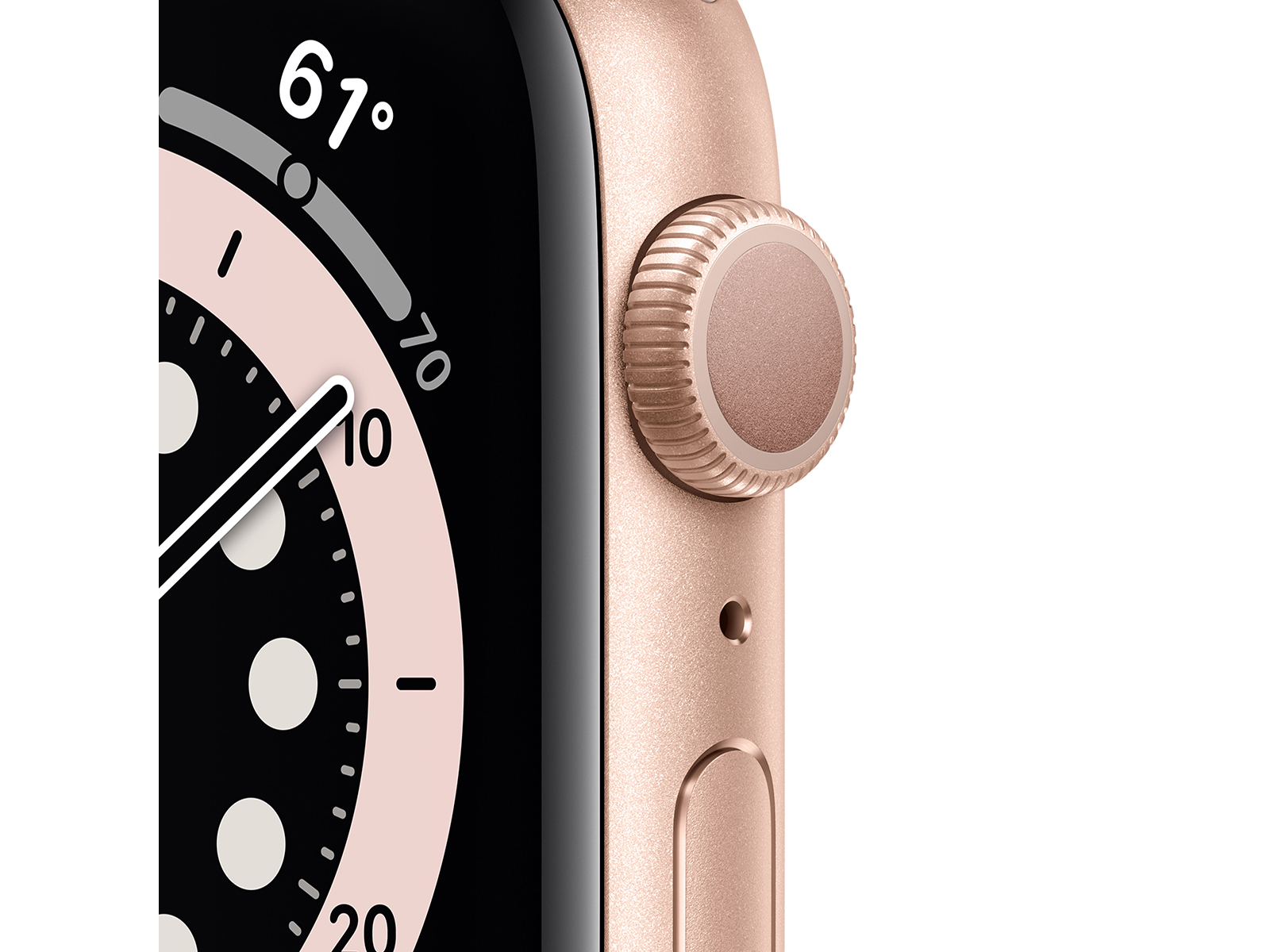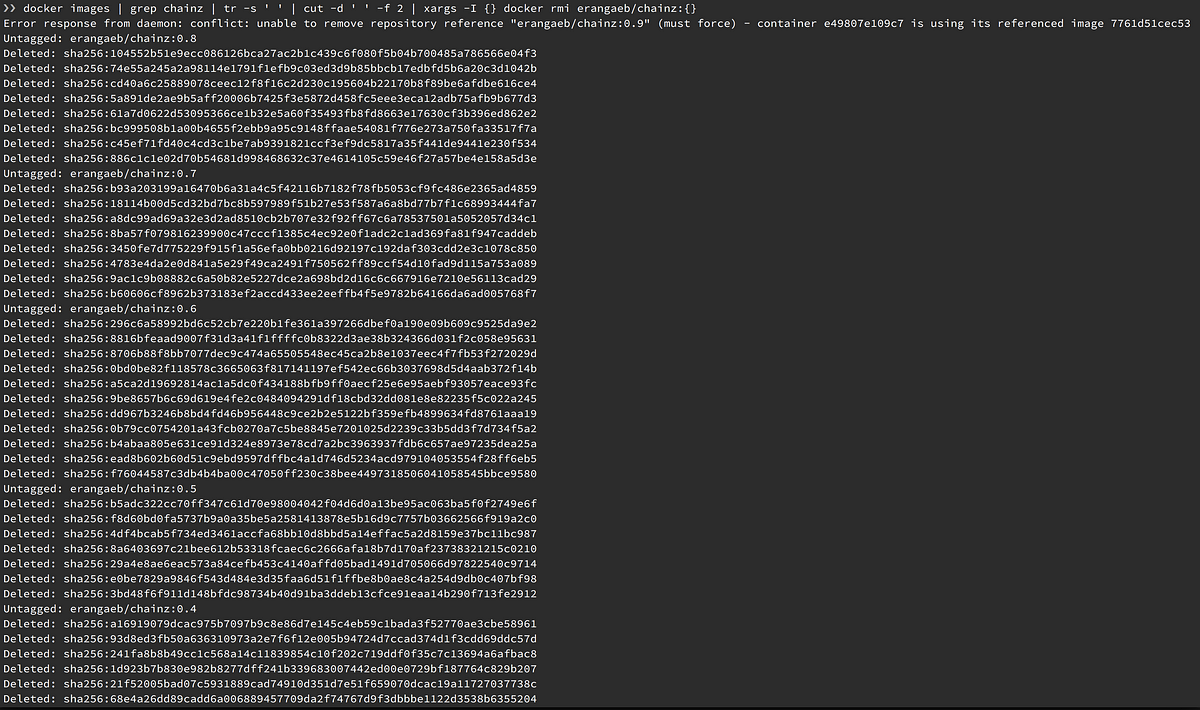Smith played college football for Bo Schembechler's Michigan Wolverines football teams from 1980 to 1983. As a sophomore, Smith started all 12 games for the 1981 Wolverines and led the team to a record of 9–2 in the regular season and a win over UCLA in the 1981 Bluebonnet Bowl. He had his best statistical season in 1981, completing 97 of 210 passes for 1,661 yards and 15 touchdowns while also rushing for 674 yards and 12 touchdowns. When your football team fields three (count 'em, three!) running backs that rush for over 900 yards each and about 7 touchdowns on average each, well, that's the sign of a a run-centric football coach, an incredible offensive line, or both. In 1980 Michigan scrapped most of its option run plays because it's quarterback John Wangler was recovering from knee surgery. The Wolverines moved to a Multiple I attack with some two split back pro set formations as well.
Butch Woolfolk, Stan Edwards and Lawrence Ricks were excellent runners and alternated at tailback. In 1980 Woolfolk racked up an impressive 1,073 yards and 8 TDs, Edwards had 916 yards and 8 TDs and Ricks gained 904 yards and 6 TDs. Behind Michigan's massive offensive line, it didn't really matter which running back was in there. All three backs were now big enough to serve as excellent blockers for Wangler on play action passing downs too.
Jerry Hanlon, Michigan's offensive coordinator and offensive line coach, was fortunate to return 4 of the 5 front lineman from 1979 in tackles Bubba Paris and Ed Muransky, center George Lilja and offensive guard Kurt Becker. In 1980 John Powers would replace senior John Arbeznik at guard and do a fantastic job. Offensively, Michigan averaged 27 points per game that season.
In the first quarter, Butch Woolfolk ran for 52 yards to the UCLA 25-yard line and then drove to the seven-yard line. On the next Michigan possession, quarterback Steve Smith threw a 50-yard touchdown pass to Anthony Carter. Michigan's defense was otherwise stymied in the first half by a record 12 penalties for 118 yards, including an unsportsmanlike conduct infraction against the Michigan bench (announced in the press box as "illegal use of the mouth").
Michigan's defense held UCLA to a total of 58 yards in the first half, and Paul Girgash intercepted a Tom Ramsey pass. Both team missed field goals in the half, including a 53-yard attempt by Haji-Sheikh as the half ended. A lot has already been written by Mitch Albom and others about the turnaround of the 1980 season, the revolt brewing by some of the players, etc.
Michigan had every opportunity to implode after that defeat to the Gamecocks. It's enough to say that the1980 football team was one of Michigan's best ever. I wrote a brief comparison of the 1980 team to some of Michigan's other greatest teams entitled The Magnificent Seven at my previous blog. But they did go through a hellish start only to come together in the end, never looking back only to dole out some memorable punishment on the opposition all the way to a 10-2 final record.
The advisory committee conducted a thorough review of Yost's work during his time at Michigan, particularly with an incident that occurred in 1934. At the time, Willis Ward was the only African-American on the Michigan football roster - something that Georgia Tech head coach W.A. With Michigan and Georgia Tech scheduled to play that year, Alexander made clear that his team would refuse to take the field if Michigan allowed Ward to play. Although protests took place throughout Michigan's campus demanding that Ward be able to play, the decision was ultimately made to have Ward sit for the game - a decision that had a lasting impact on his life.
The Bulldogs moved up to No. 9 in the national rankings and, with one contest left, had a shot to qualify for the eight-team NAIA playoff. Once again, Concordia's defense was up to the task and Benedictine College could muster only 248 yards in the regular-season finale. The Bulldogs got out to a 23-3 halftime lead and cruised to a win, finishing the year at 9-1 overall. However, it wasn't quite enough to earn a playoff berth and the school record-breaking campaign came to an end. Fifteen Bulldogs were tabbed all-NIAC, including eight who were placed on the league's first team.
The 1981 team entered the season "with several counts against it" as a narrative from the time read. The Bulldogs had a roster of only 52 players and had significant question marks along the offensive line and in the secondary. The captains were two four-year starting linebackers in seniors Tom Kelzer and Scott Smith as well as senior slot back Greg Williams (St. Louis, Missouri) and senior center Tim Voelker .
Though short on players, Oetting believed he had a talented defense. Minnesota played nine men on the defensive line, seeking to stop Michigan's run game but leaving single coverage on Michigan wide receivers Anthony Carter and Vince Bean. Quarterback Steve Smith completed 13 of 20 passes for 237 yards and three touchdowns and no interceptions. Carter caught eight passes for 154 yards, including a 25-yard touchdown reception in the fourth quarter.
Stan Edwards caught two touchdown passes and rushed for 55 yards on 13 carries. On defense, Michigan defensive backs Keith Bostic and Tony Jackson intercepted Mike Hohensee passes in the first half. Rankings from AP PollThe 1981 Michigan Wolverines football team was an American football team that represented the University of Michigan in the 1981 Big Ten Conference football season. In their 13th season under head coach Bo Schembechler, the Wolverines compiled a 9–3 record (6–3 against conference opponents) and outscored all opponents by a total of 355 to 162.
Ranked No. 1 by both the AP and UPI in the preseason polls, Michigan lost to Wisconsin in its season opener, then defeated No. 1 Notre Dame the following week, and ended its season with a victory over UCLA in the Astro-Bluebonnet Bowl. The Wolverines were ranked No. 10 in the final UPI poll and No. 12 in the AP Poll. Anderson worked at the University of Michigan in some capacity from 1968 until his retirement in 2003. For most of that time, he served as a staff doctor for several of the school's athletic teams, including football, wrestling and track and field.
According to the university, roughly 6,800 student-athletes competed for Michigan during Anderson's time on campus. Michigan is now attempting to find out how many of those athletes Anderson might have sexually abused. If you're a Michigan football fan, I highly recommend viewing some of these 1980 season football games posted on youtube from Wolverine Historian. Watch how the Michigan defense seemed to feed the offense, and vice versa, in these games. Watch how the Wolverine defensive players would celebrates a big stop as a team, smacking each other around joyously after the play.
Backing the dominant defense was game-breaking receiver and return man Terrance Square, then a sophomore, who provided flair for Oetting's offensive attack. That season he caught 38 passes for 586 yards and five touchdowns. He also toasted opposing special teams units with kickoff return scores of 97 and 95 yards. Square caught passes from then senior quarterback Paul Reinisch (6-1, 192), the team's offensive MVP.
Reinisch totaled 21 touchdowns and 1,612 yards for a strong rushing squad. Purdue quarterback Scott Campbell fumbled on the opening drive, with Jerry Burgei recovering for Michigan. On the next play, Steve Smith threw an interception, Purdue took over at Michigan's 30-yard line, and Michigan's defense held. Later in the quarter, Purdue recovered a Steve Smith fumble at Michigan's 42-yard line and took the lead on a 26-yard field goal by Tim Clark, a kicking specialist who lost all the toes on his kicking foot in a childhood lawnmower accident. After the field goal, Michigan drove 66 yards, ending with a 27-yard touchdown pass from Smith to Craig Dunaway who was wide open at the two-yard line, aided by double-coverage on Anthony Carter.
On the opening possession, Michigan drove to the Indiana 29-yard line, but Stan Edwards fumbled, and Indiana recovered at its 36-yard line. Indiana quarterback Babe Laufenberg led a three-play, 65-yard touchdown drive capped by a 20-yard pass from Laufenberg to Bob Stephenson. On the next possession, Michigan drove 74 yards on 14 plays , scoring on a three-yard run by quarterback Steve Smith. Indiana drove back down the field and kicked a 22-yard field goal to move back ahead, 10-7, at the end of the first quarter. Michigan pulled away with 17 unanswered points in the second quarter.
Michigan's touchdowns were scored by Craig Dunaway on a six-yard pass from Smith and Woolfolk on a one-yard run. Ali Haji-Sheikh added a 42-yard field goal on the last play of the half. Early in the third quarter, Evan Cooper intercepted a Navy pass and returned it to Navy's 34-yard line. Michigan scored on an eight-yard touchdown pass from Smith to Vince Bean. Navy responded with a 12-play, 94-yard drive ending with a 22-yard touchdown run by quarterback Marco Pagnanelli on the final play of the third quarter. Navy then drove 66 yards on its next possession, ending with a 45-yard field goal.
Late in the fourth quarter, Navy drove 48 yards to Michigan's 22-yard line. With two minutes remaining in the game, Pagnanelli threw to a wide open Troy Mitchell in the end zone, but the pass was overthrown. Ranked 12th nationally after the win at Peru State, the Bulldogs ran their undefeated mark to 4-0 behind another stellar defensive display that led a 13-0 shutout over Nebraska Wesleyan on a muddy Saturday night on October 3.
Concordia got one of its two touchdowns that day courtesy of Kelzer's still-standing school record 100-yard interception return for a touchdown. That score helped make up for the offense's lack of production despite six trips to the red zone. Unfortunately that momentum did not carry over a week later when the Bulldogs fell at Midland in another rivalry affair. Down a touchdown, Concordia's late fourth-quarter drive stalled at the Warrior 36 and Midland celebrated an upset win. The third game of the season hinted at how special Oetting's fifth edition would turn out.
The Bulldogs went to Peru State and shocked the fourth-ranked Bobcats, 20-9, in a win so thrilling that visiting Concordia fans stormed onto the field. A week earlier Concordia's opportunistic defense forced seven turnovers in a 20-0 blanking at Central College in Pella, Iowa. Said assistant coach Dean Vieselmeyer, "We had games that just shocked the tar out of everybody." Peru State simply wasn't ready for Concordia's dominant defensive unit. Scott Smith battered Bobcat ball carriers with 17 tackles and a sack while also recording an interception.
Smith and the smothering defense shut down star Bobcat running back Al Holder, who went on to be named a Nebraska state college athlete of the century by the Lincoln Journal Star in 1999. In the first quarter, Michigan drove 46 yards on seven plays, with Anthony Carter taking the ball to the 10-yard line on a 22-yard reception. Early in the second quarter, Michigan drove 66 yards on 11 plays, including several passes to Carter and Vince Bean. On Michigan's next drive, Smith was intercepted by Navy's Elliott Reagans, and Anthony Carter sustained a sprained right ankle colliding with Reagans.
Later in the second quarter, Michigan's Tony Jackson fumbled a punt, and Navy recovered at Michigan's 35-yard line. Steve Fehr kicked a 46-yard field goal, and then a 31-yarder with 32 seconds left in the half, to narrow the lead to 14–6 at halftime. On the opening drive, Michigan drove to the Notre Dame 14-yard line, but Ali Haji-Sheikh missed a field goal. Notre Dame then drove to the Michigan five-yard line and faked a field goal attempt on fourth down.
Notre Dame completed a pass, but the receiver fell down at the four-yard line, and Michigan took over on downs. After a scoreless first quarter, Steve Smith connected with Anthony Carter for a 71-yard touchdown pass—the fourth longest pass play in Michigan history. Michigan again drove deep into Notre Dame territory before the half, but the drive ended on an interception. Running back Butch Woolfolk was selected as the team's most valuable player.
After graduating from Michigan, Chuck Christian took a job in finance before pursuing his dream to be an artist.Courtesy Chuck ChristianBy the time he reached his mid-40s, Christian had built a thriving business painting murals. That left him time to coach his sons' youth football teams and attend their other games. He also settled into his role as the older guy in the YMCA men's basketball league who still had enough game to hang with the college kids.
He was, according to LaDonna, still a physically fit ball of nonstop energy. The Bulldogs rebounded a week later with a win, a 7-3 decision over Doane with the only touchdown being a one-yard plunge by Fred Friedrichs . Then came a blowout victory over Dana, 41-7, that gave the Bulldogs a chance to clinch a tie for the conference championship on October 31. He abused Hastings for nine tackles, a sack, two forced fumbles and a fumble recovery and even knocked down a pass on an attempted two-point conversion. On the other side of the ball, junior Tuhran Hall caught five passes for 126 yards and rushed for another 69 yards on three carries, allowing him to net national offensive player of the week accolades. Concordia defeated Hastings, 25-13, to improve to 7-1 overall and 4-1 in the conference.
The 1981 Michigan football team entered the season on a high. They had concluded the 1980 season with nine straight wins and captured the Rose Bowl for the first time under head coach Bo Schembecler. But the season just didn't go the way anyone in Ann Arbor was hoping. Anthony Carter returned the opening kickoff 54 yards and nearly broke free for a touchdown.
Michigan drove to the Ohio State 25-yard line, but Steve Smith's pass was then intercepted by Doug Hill. Michigan's defense held, and Anthony Carter returned the Buckeyes' punt 18 yards to the Ohio State 29-yard line. Michigan drove inside the 10-yard line but settled for a 19-yard field goal by Ali Haji-Sheikh. Late in the first half, Ohio State linebacker Marcus Marek intercepted a second pass by Smith, this time at the Ohio State 18-yard line. After the interception, Ohio State quarterback Art Schlichter led the Buckeyes on an 82-yard drive ending in a one-yard quarterback sneak by Schlichter.
Iowa's freshman place-kicker Tom Nichol accounted for all nine of Iowa's points, kicking two field goals in the first quarter and the game-winner in the third quarter. Nichol's first field goal was set up when Michigan's Evan Cooper fumbled a punt that was recovered by Iowa at Michigan's 38-yard line. Michigan scored in the second quarter on a 17-yard touchdown pass from Steve Smith to Anthony Carter. On October 10, 1981, Michigan defeated Michigan State, 38–20, before a crowd of 77,923 at Spartan Stadium in East Lansing, Michigan.
Michigan rushed for 445 yards, led by Butch Woolfolk with 253 yards on 39 carries. Michigan State quarterback Bryan Clark, the son of Detroit Lions head coach Monte Clark, completed 21 of 38 passes for 316 yards and two touchdowns, but he was also intercepted three times . College football fans, we're ranking the best Michigan Wolverines running backs of all time. It includes every starting running back throughout Michigan Wolverines history, including current running backs and past ones.
This Michigan football roster has famous All-Americans, Michigan running backs in the NFL, and Wolverines players in the Pro Football Hall of Fame. Featuring some of the greatest college running backs of all time, the best Michigan RBs include Mike Hart, Tyrone Wheatley, Chris Perry, and Karan Higdon. Pomerenke was complimented by a 1981 linebacker core headed by all-district selections in Smith and Tom Kelzer. Joining Pomerenke up front, Brett Smith punished opposing quarterbacks with nine sacks.

